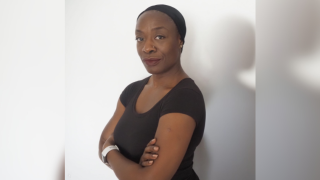Song Liuping, Huawei’s chief legal officer, has published a white paper on innovation and intellectual property (IP), and warned against the issue being politicised. (PDF here.)
“If politicians use IP as a political tool, they will destroy confidence in the patent protection system. If some governments selectively strip companies of their IP, it will break the foundation of global innovation,” said Song, speaking in Shenzhen, the company’s headquarters in southern China.
Song, who has been a prominent figure in Huawei’s fight against a Washington ban on US government-funded organisations using Huawei kit, gave a balance sheet of the company’s IP position,
As of the end of 2018, Huawei has been granted 87,805 patents, of which 11,152 are US patents. Since 2015, Huawei has received over $1.4 billion in licensing revenue.
But Huawei has also paid more than $6 billion in royalties to legally implement the IP of other companies, with nearly 80% of that paid to American companies, according to the document.
Song said that, even though some countries do not buy products directly from Huawei, they still use the essential patents of Huawei, and share in the benefits of the technology Huawei creates.
This was taken to show the possible implications of a separate action by the US – to prevent US companies and citizens, and people in the US even if they are not US citizens, from buying or selling to Huawei.
Separate research, reported by Capacity earlier this year, shows that the top 10 owners of critical 5G patents have 6,632 patents between them. Huawei, ZTE and the China Academy of Telecommunications Technology have 2,081 patents – 31% of the total. That research came from Berlin-based intellectual property company IPlytics.
Song said that, in the past 30 years, no court has ever concluded that Huawei engaged in malicious IP theft, and Huawei has never been required by the court to pay damages for this.
Huawei is saying it has a “collaborative and respectful approach to IP” that “is demonstrated by the simple fact that many of its technology breakthroughs are incorporated into the open standards that govern 3G, 4G and 5G”.
This is a firm warning that Huawei has a central position not only the standards used today by 7 billion mobile users, but in the next generation of mobile.
Huawei will adopted a “fair, reasonable, and non-discriminatory” (FRAND) strategy when engaging with relevant parties in the industry on patents licensing, said Song.
“As always, Huawei is ready and willing to share our technology with the world. That includes 5G. It includes US companies and US. consumers. Together, we can drive our industry forward and advance technology for all mankind,” he said.






